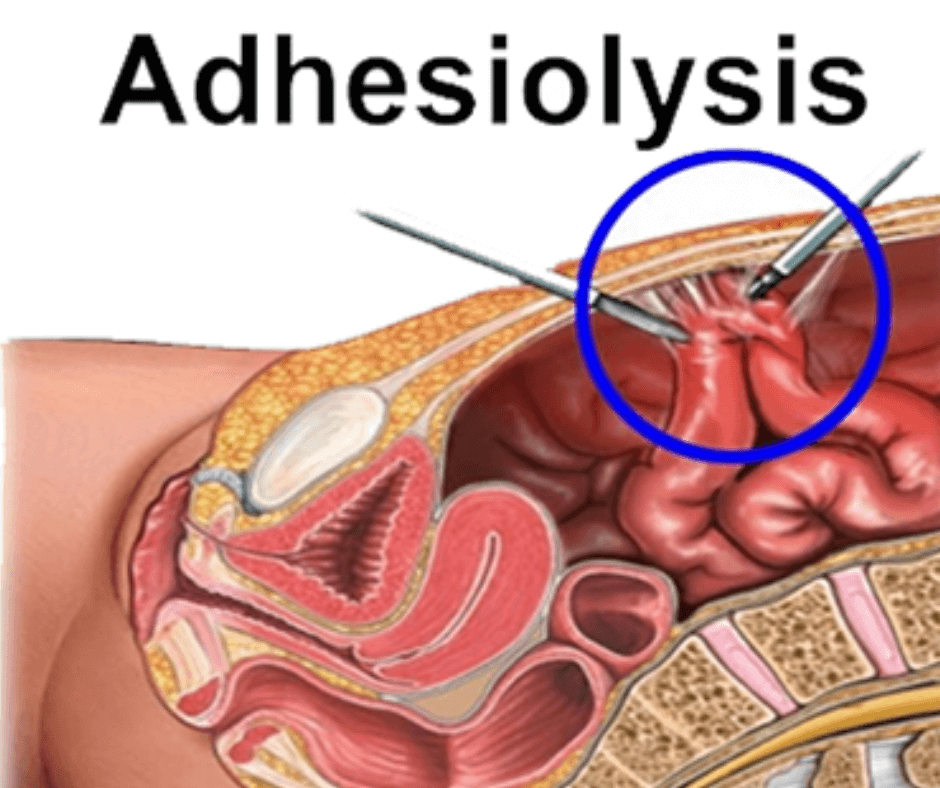CPT Codes for Percutaneous Adhesiolysis in Pain Management: A Comprehensive Guide Pain management is a crucial aspect of healthcare, and percutaneous adhesiolysis is one of the interventions commonly used to alleviate chronic pain conditions. However, healthcare providers and insurance companies must understand the appropriate CPT codes for pain management procedures to ensure accurate billing and insurance coverage. In this article, we will provide a comprehensive guide to CPT codes for percutaneous adhesiolysis in pain management, including the most commonly used codes and their significance. What is Percutaneous Adhesiolysis? Percutaneous adhesiolysis is a minimally invasive procedure used in pain management to treat chronic pain conditions caused by scar tissue or adhesions. The procedure involves inserting a needle into the epidural space and injecting a solution to dissolve or break up adhesions causing pain. The procedure is often performed under fluoroscopy guidance to ensure accurate placement of the needle and avoid complications. Why are CPT Codes for Pain Management Procedures Important? CPT codes for pain management procedures are essential because they determine how healthcare providers are reimbursed for their services. Each CPT code represents a specific procedure or service and has a corresponding fee schedule that providers use to determine the cost of the service. Healthcare providers must use the appropriate CPT codes for pain management procedures to ensure accurate billing and insurance coverage. Most Common CPT Codes for Percutaneous Adhesiolysis in Pain Management There are several CPT codes used for percutaneous adhesiolysis in pain management, depending on the specific procedure performed and the number of levels treated. The most commonly used CPT codes for percutaneous adhesiolysis include: 62311 - Percutaneous injection of substance into the spinal canal of thoracic, lumbar, or sacral spine. 62318 - Injection(s), including indwelling catheter placement, continuous infusion or intermittent bolus, of diagnostic or therapeutic substance(s) (e.g., anesthetic, antispasmodic, opioid, steroid, other solution), not including neurolytic substances, including needle or catheter placement, interlaminar epidural or subarachnoid, cervical or thoracic; lumbar or sacral (caudal). 62287 - Injection(s), including indwelling catheter placement, continuous infusion or intermittent bolus, of neurolytic substance(s) (e.g., alcohol, phenol, 10% dextrose) including neuraxial facet joint nerve; lumbar or sacral (caudal). It is essential to consult with your healthcare provider and insurance carrier to determine the appropriate CPT code for your specific procedure, as the codes may vary depending on the specific procedure performed and the insurance carrier. CPT codes for percutaneous adhesiolysis in pain management are essential to ensure accurate medical billing and insurance coverage. The most commonly used CPT codes for percutaneous adhesiolysis include 62311, 62318, and 62287. Healthcare providers and insurance companies must be familiar with these codes to ensure that patients receive the care they need without financial burden. If you're experiencing chronic pain, talk to your healthcare provider to see if percutaneous adhesiolysis is a viable treatment option. And for healthcare providers, make sure that you use the proper CPT codes for pain management procedures to ensure proper billing and reimbursement. By following the proper guidelines for medical billing, we can ensure that patients receive the care they need while minimizing financial hardship.
0 Comments
Your comment will be posted after it is approved.
Leave a Reply. |

ABOUT THE AUTHOR:
Ms. Pinky Maniri-Pescasio is the Founder of GoHealthcare Consulting. She is a National Speaker on Practice Reimbursement and a Physician Advocate. She has served the Medical Practice Industry for more than 25 years as a Professional Medical Practice Consultant. search hereArchives
July 2024
Categories
All
BROWSE HERE
All
|
- About
- Leadership
- Contact Us
- Testimonials
- READ OUR BLOG
-
Let's Meet in Person
- 2023 ORTHOPEDIC VALUE BASED CARE CONFERENCE
- 2023 AAOS Annual Meeting of the American Academy of Orthopaedic Surgeons
- 2023 ASIPP 25th Annual Meeting of the American Society of Interventional Pain Management
- 2023 Becker's 20th Annual Spine, Orthopedic & Pain Management-Driven ASC Conference
- 2023 FSIPP Annual Conference by FSIPP FSPMR Florida Society Of Interventional Pain Physicians
- 2023 New York and New Jersey Pain Medicine Symposium
- Frequently Asked Questions and Answers - GoHealthcare Practice Solutions
- Readers Questions
Photos from shixart1985 (CC BY 2.0), www.ilmicrofono.it, shixart1985






 RSS Feed
RSS Feed